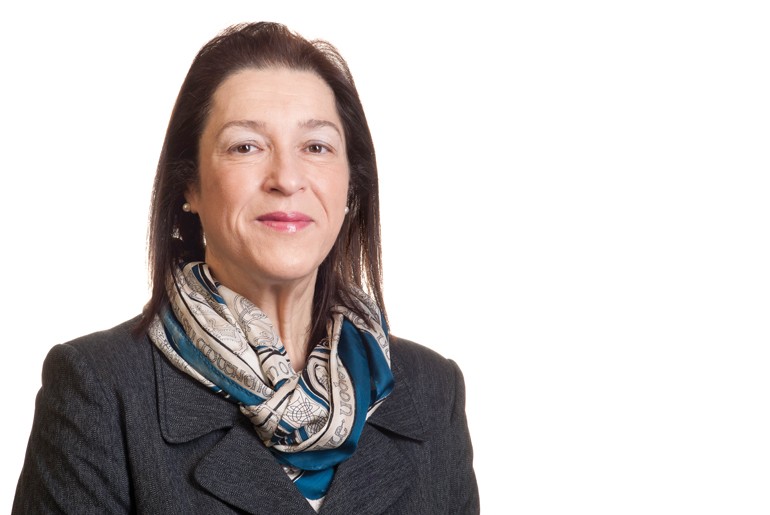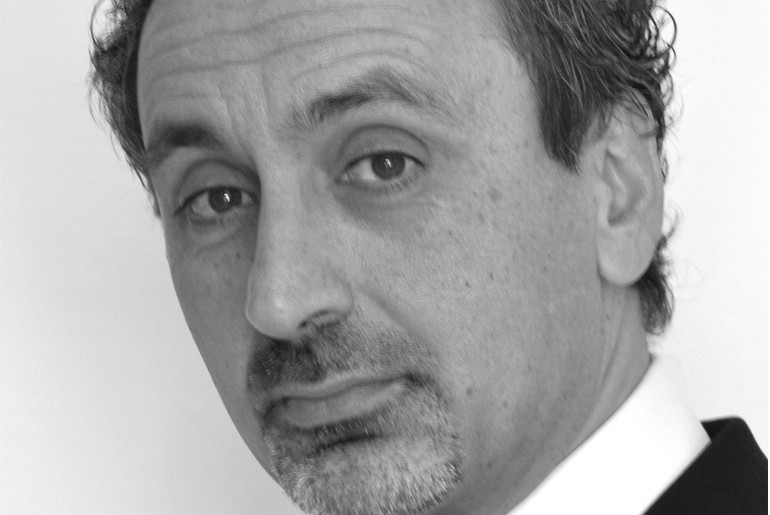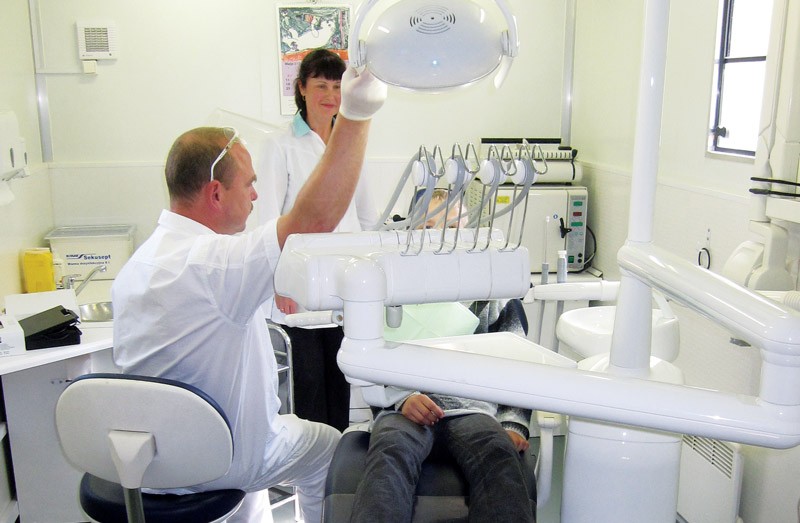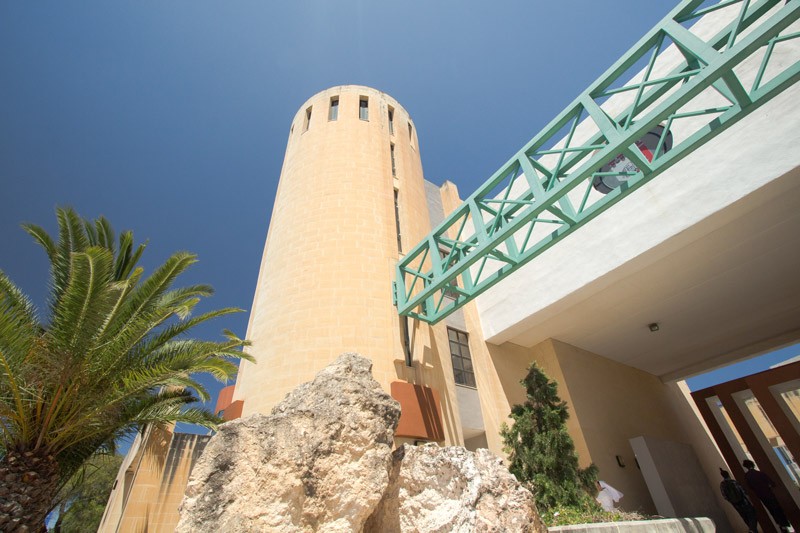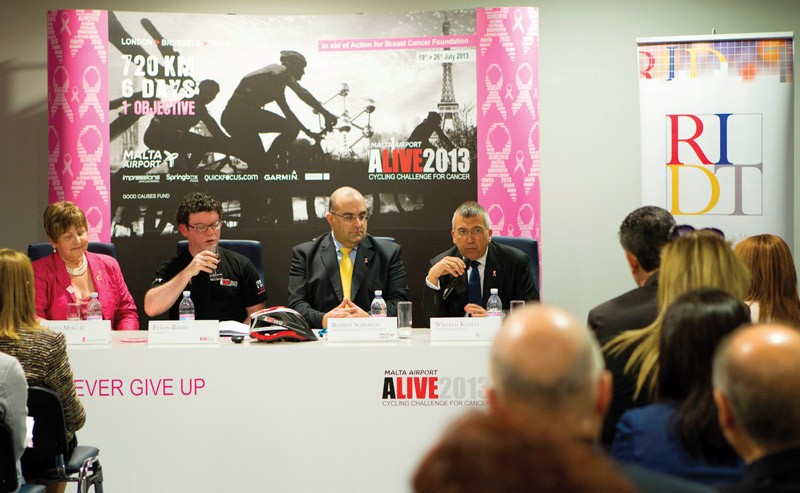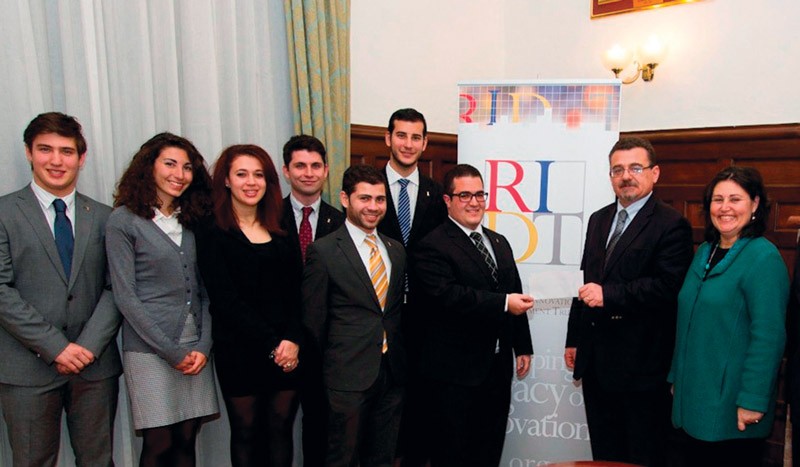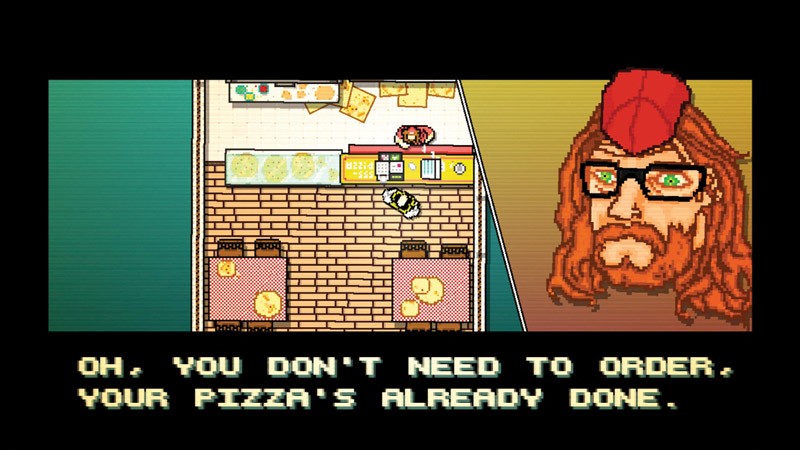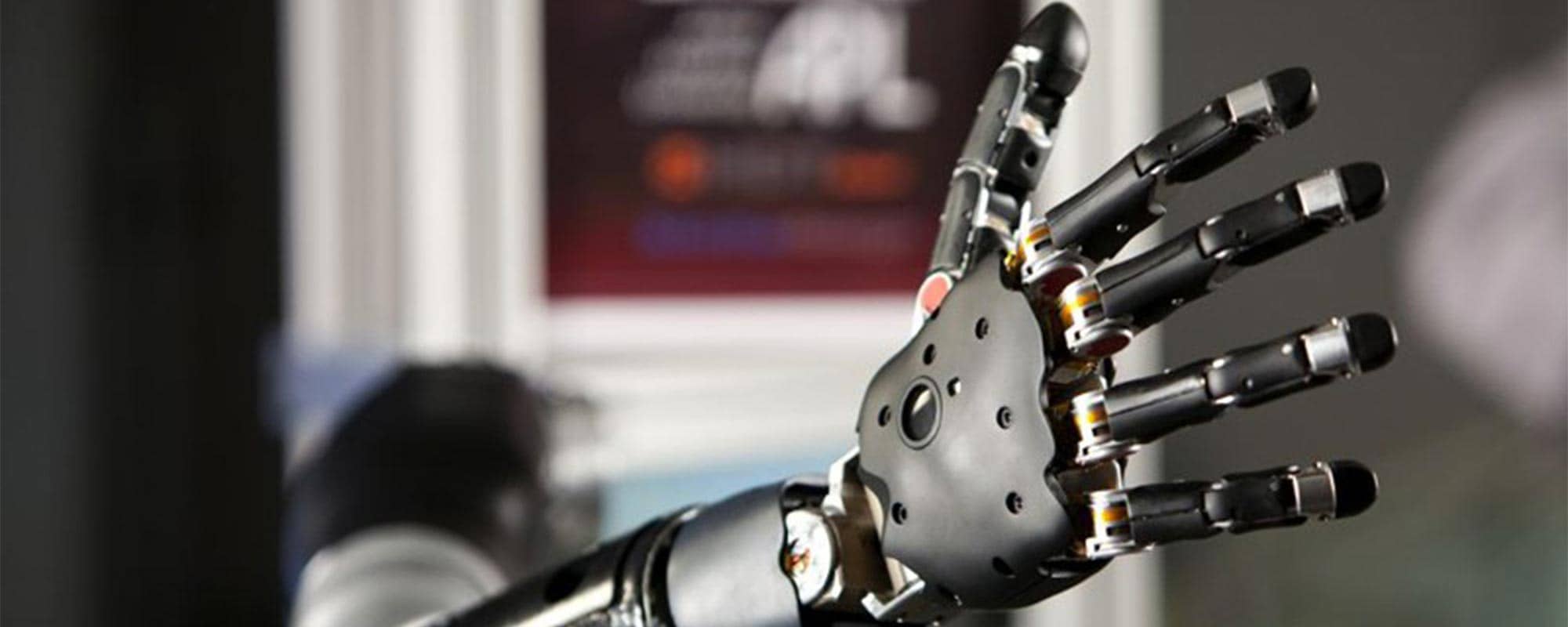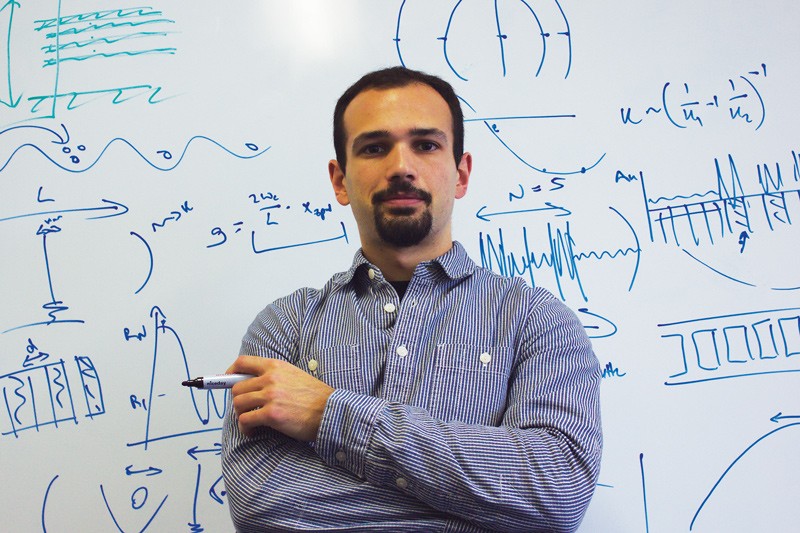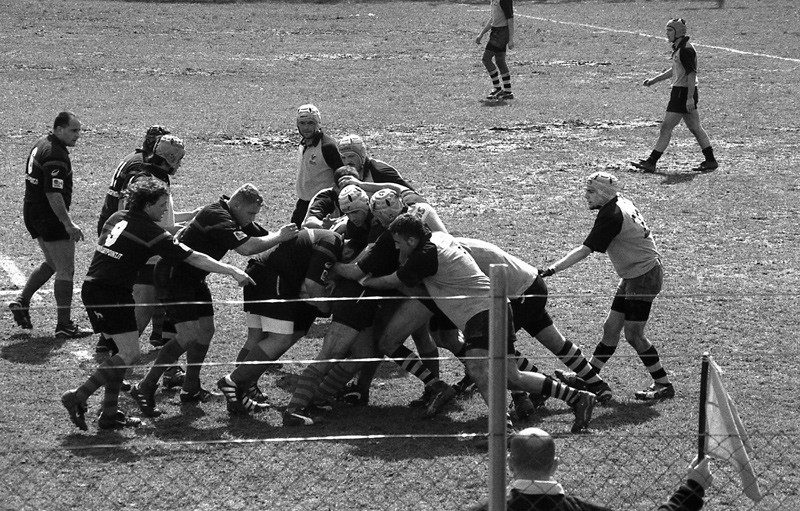Antionette Caruana shares her successful career from banks to food manufacturing companies. Female, over 50 years old, raising two young adults (who think their mum is technologically challenged and old),a patient and supportive husband (partner for over 24 years), encouraging parents, and friends and family who have been there for me whenever needed. These qualities are the critical aspects of my life which is full, overflowing, sometimes exhausting but truly rewarding. My first job was nearly 35 years ago, and the years have flown by.
Many opportunities were opened by starting my career at a local bank after my first degree at the University of Malta, B.A. (Hons) in Business Management. At the same time, I married my husband who gave me more enthusiasm. My studies opened up a great interest in understanding the role of people in organisations, management, strategy, and performance.
Then I changed my job. Soon after I got married, I took the plunge and joined Playmobil entering a career that lasted more than 13 years. During this time, I learnt so much about business, running an organisation, and people management. The job was challenging and needed long hours with some tears and a dose of determination to succeed, but I could make things happen.
During my job at Playmobil, I had two children, completed my Masters’ degree and also got involved in many opportunities outside Playmobil including the Federation of Industry, the Foundation for Human Resources Development, the Richmond Foundation and worked with different departments of the public sector. I also took on different projects and lectured at University to keep in touch with students (the employees of the future) and academics (the launchpad of innovation and debate).
Being an idealist who is obsessed about achieving results, I sought my next challenge: to make a difference by taking a leading role. I applied to head Heritage Malta as CEO and was chosen. The team was extremely committed to preserving and managing Malta’s unbelievable heritage. We did some great things together like keeping museums open 7 days a week and put up the shelters over the Neolithic temples of Ħaġar Qim and Mnajdra. Following that, I worked with Lufthansa Technik Malta when this organisation was quickly growing on the island. Currently, I work with the Farsons Group as Company Secretary and Group HR manager. Being part of the senior management team of one of the long established and most successful local group of companies is another very rewarding experience and continues to provide me with enthusiasm, ambition, and pride.
Top tips to succeed
by Antoinette Caruana
-
My family remains my priority, though they may not believe this. My career has helped shape me. The following are the best values that have made a difference to who I am.
-
Have a dream and go for it… Make it happen. Believe that no one owes anyone a living. If you falter, try again.
-
Work with others.
-
Be as good as you can in what you do.
-
Always have a passion for learning in everything you do. Keep your eyes and ears open. Be aware of what is happening and contribute.
-
Keep true to your values.
-
Tell people who have made a difference to your life that they have, and treasure them.
-
Say sorry at work, at home, and invest time to build trust and commitment.
-
Be a good example by working long and hard. Sometimes you will be tired and grumpy but pick yourself up and move forward.
-
Invest in relationships which really matter.
Nobody is an island and networking is vital. You need it to work with other organisations, to continue learning, to contribute, and to be part of a country’s culture. Networking gave me confidence and helped open up opportunities. I have served as director at the Employment and Training Corporation (ETC) and until recently the Central Bank of Malta. Before that I served on MEUSAC and also on MPVQAC. The list is very long and I was in touch with various sectors of society from youths to industry. These experiences have touched my life and enriched me.
Now I’d like to talk about being a woman on the job. First off, do not let this make a difference to how you behave since your skills, competence, and professionalism matter. Going for a career demands a strong partnership at home, but I believe that if a woman is good at what she has chosen to do, she would have the sheer determination to succeed by finding those critical opportunities. In Malta, I already see a number of successful women in many spheres. And I hope we will see even more.

